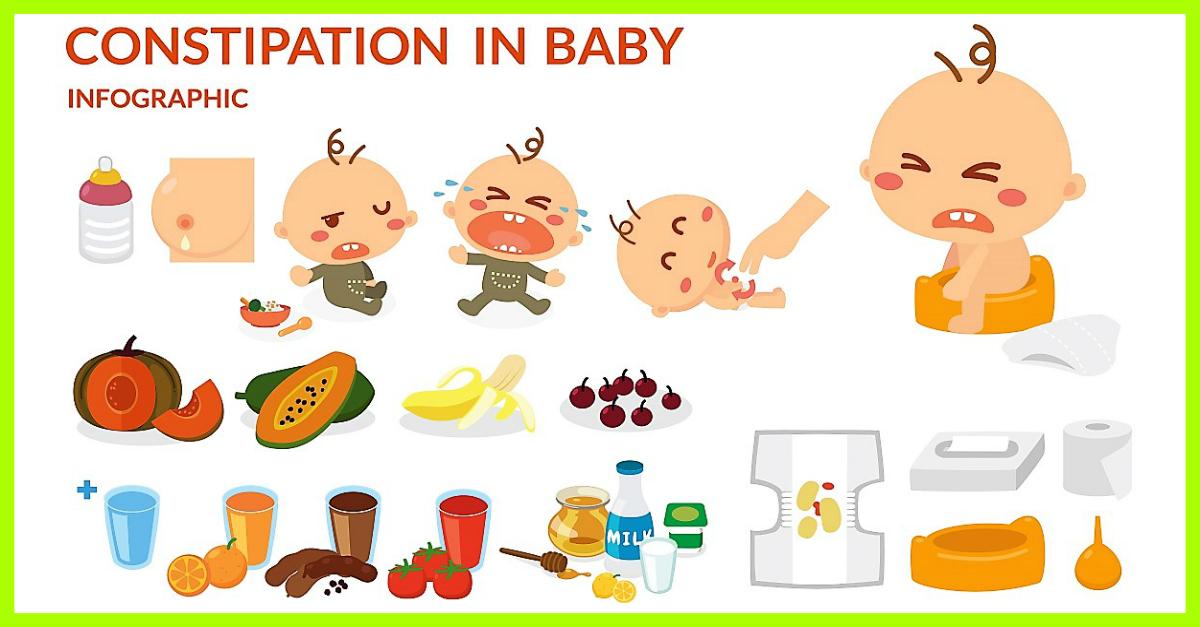Indian Home Remedies for Infant Stomach Pain, Gas, and Colic
Table of Content
But motion sickness is rare in babies who are less than two years of age. It can be due to a milk allergy, lack of fibre in the baby’s diet, not having enough water, or due to holding in of bowel movement. Constipation commonly occurs in babies who have started solids. If your baby appears uncomfortable during a bowel movement or hasn’t had one in three days, it might be constipation.

This is a touchy topic but a common reason for tummy ache in babies. Many a times, we end up overfeeding babies because we are not sure if they have had enough. This can cause them to have pain due to bloating and may also vomit out food. Stomach aches are common for babies and they can make an appearance out of the blue. Your baby is perfectly happy and suddenly starts fidgeting and crying.
Top 22 Short Moral Stories for Children
Mix asafetida with warm water and apply to the navel area. Get the solid block, break off a little amount, and mix in warm water. If youre taking medications like antibiotics, these can also get into your breast milk and trigger diarrhea in your baby. Some nutritional supplements like vitamins and protein powders might also leak into breast milk and stir up your babys tummy. This page is about abdominal pain in children under the age of 12. Go here for information on abdominal pain in older children and adults.

Usually, you’ll notice signs of gassiness when your baby is between 3 and 6 weeks old, although some babies have symptoms right away! Luckily, babies usually outgrow their gassiness by their half birthday. In addition to the foods a parent eats while nursing, the act of breastfeeding itself can be a hidden cause of your child’s tummy issues.
Common Types of Hepatitis in Children and How to Prevent Them
It is a rare condition that causes abdominal pain in babies and can occur when the baby is around 8-14 months. This occurs when one part of the intestine slides into another causing blockage and pain. Since diarrhoea can lead to dehydration, intake of fluids in the form of water or breast milk is important. Consulting a doctor is highly recommended since you could receive a prescription for paediatric oral rehydration. Also, if your baby has started to take solid foods you must ensure that you give him healthy and light foods. If your baby has started on solids, give him foods that can ease constipation, such as pear, prune, oatmeal, and peas.

But when the culprit is gas or upset stomach, there are some useful strategies and home remedies that can help curb the discomfort -- and the fussiness. If these simple solutions for your baby's upset stomach aren't working, call the doctor. Colic, which is characterized by excessive inconsolable crying, might not really have a known cause, says Dr. Loizides, and some constipation might work itself out on its own.
Food intolerance or allergy
This "rule of three" is the most effective for understanding that the baby is crying because of colic. Also during the crying the baby turns red in the face, raises his legs and puts himself in a fetal position. You may need to change your baby’s formula if he or she has an allergy. If you breastfeed your baby, you may need to avoid foods such as milk, cheese, wheat, and nuts.
To clear the common misconception, that appendicitis only affects adults, a few cases have also been. This digestion-related disorder is caused due to gluten intolerance. Swati Patwal is a clinical nutritionist, a Certified Diabetes Educator and a toddler mom with over eight years of experience in diverse fields of nutrition. She started her career as a CSR project coordinator for a healthy eating and active lifestyle project catering to school children. Then she worked as a nutrition faculty and clinical nutrition coach in different...
Cool Baby Names Inspired From Movies & TV Shows
As there is no fat content to slow the digestion process, your baby may feel gassy and have stomach pain. If you feed your baby too much, it may affect his digestive health. Your little one may have stomach pain due to bloating and pressure on the stomach.
Burping the baby after every feed could also help get your baby at ease. To do this, right after breastfeeding or bottle-feed, hold your baby straight. Support the baby with your shoulder, with their head slightly tilted down, and gently pat or rub their backs. To help baby get relieved from trapped gas, you can try moving your baby’s legs in a bicycling motion. Babies explore things by putting them in their mouths and gnawing at them too.
As first-time parents, we didn’t know about colic and the whole crying episode was a mystery for us. We imagined all possible scenarios like bad dream, gas, body ache, ear pain, insect bite, etc. Move your baby’s legs in a cycling motion to help him pass gas.
Overfeeding can cause him or her to gain weight too fast. For a formula-fed baby, you can try a different formula thats made for gassy babies, Grossman says. Bottle feed infants are more likely to suffer with this than breast feed babies. All material provided on this website is for your information only and should not be construed as medical advice or instruction. Please consult with a medical professional regarding any matters related to the health and well-being of yourself or others.
When you're nursing, your baby is getting what you eat—and dairy is a common culprit for a baby's upset stomach. "Fruits, green veggies, especially broccoli and Brussels sprouts, and garlic can also make a baby uncomfortable," Dr. Alt says. But don't eliminate healthy foods unless you're sure they're a problem. "A warm towel isn't a bad idea, or a warm bath can sometimes help your baby relax and move their bowels as well," Dr. Alt says. "Just make sure they aren't too hot!" Also, keep your baby comfy by avoiding diapers and waistbands that are too tight, Dr. Loizides suggests.

Comments
Post a Comment